Jordan Shealy
Recent Posts
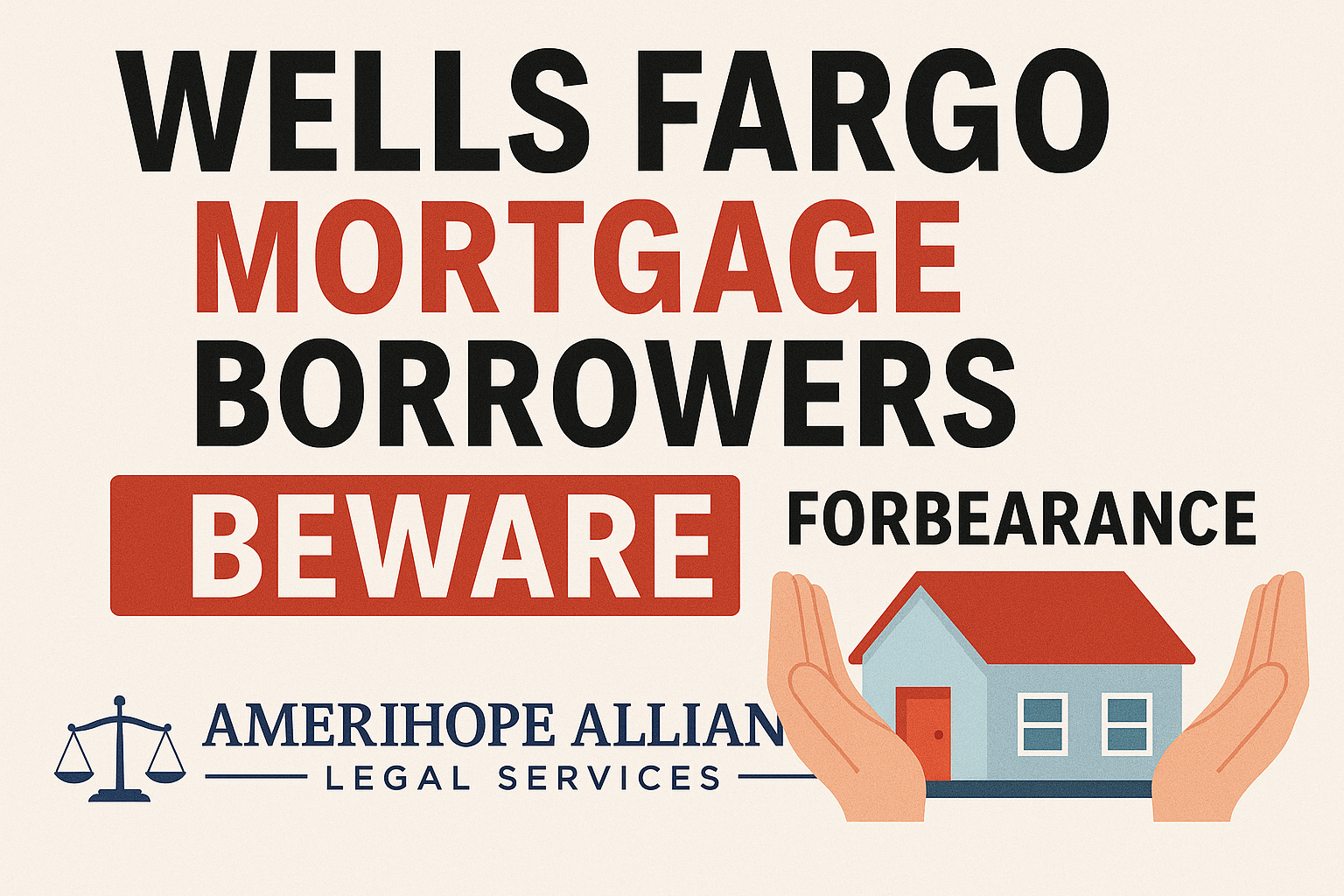
[fa icon="clock-o"] Wednesday, July 30, 2025 [fa icon="user"] Jordan Shealy [fa icon="folder-open'] foreclosure defense, lenders, foreclosure, mortgage, mortgage servicers, wells fargo, mortgage abuse, mortgage servicing, avoiding foreclosure, loan modification terms, mortgage assistance
Read More »
[fa icon="clock-o"] Tuesday, July 29, 2025 [fa icon="user"] Jordan Shealy [fa icon="folder-open'] loan modification lawyer, loan modification attorney, foreclosure defense, lenders, foreclosure defense attorney
Read More »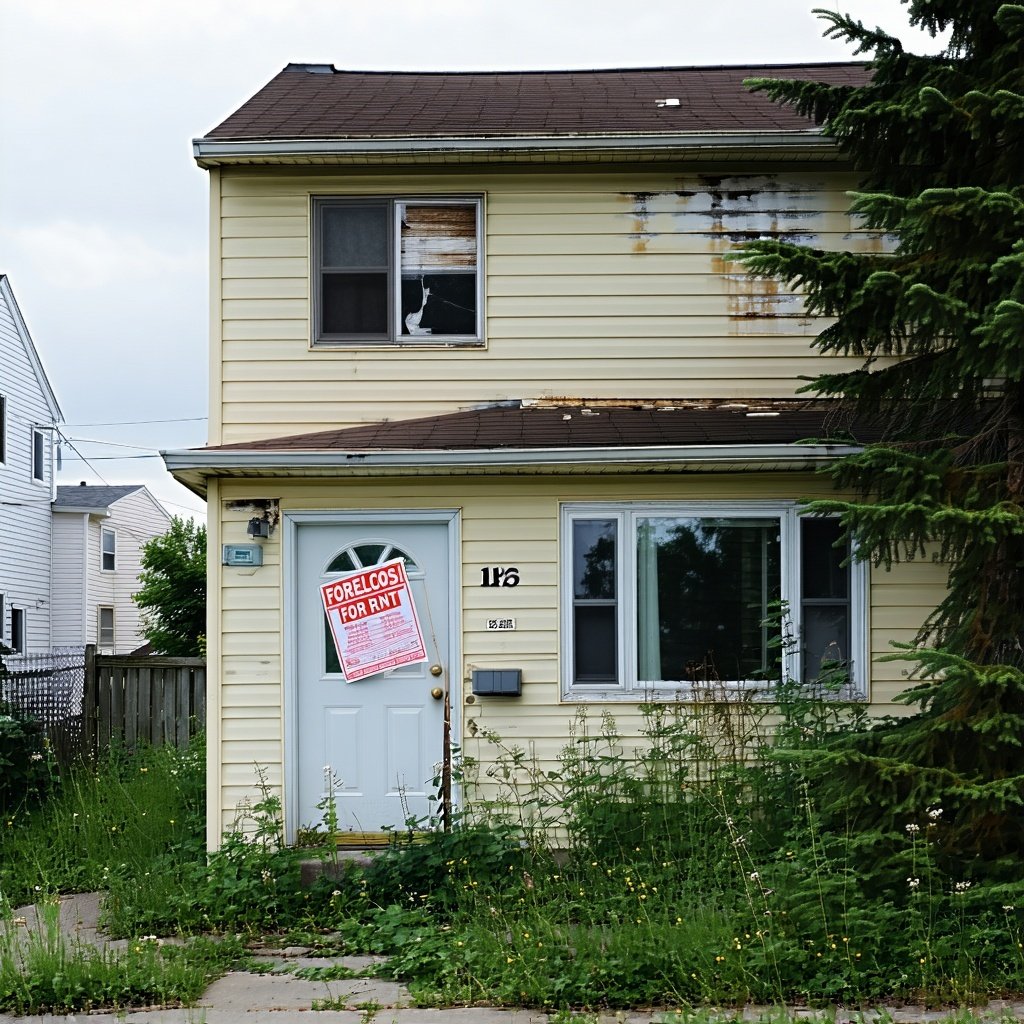
An investment property is a property that is not your primary residence and is purchased or used in order to generate income, profit from appreciation, or for a tax benefit. The first thing to know about your investment property being foreclosed on is that your primary residence is safe from the bank. Even if the loans from your primary residence and investment property come from the same bank, your primary residence will not be foreclosed on as a result of an investment property foreclosure unless your primary residence is somehow tied to the investment property. One thing to note, is that the banks can expedite the foreclosure process on valuable, multi-unit investment properties. Just like in the foreclosure of your primary residence, you can contact your loan servicer to see if they have any loss mitigation strategies available for you.
[fa icon="clock-o"] Monday, June 9, 2025 [fa icon="user"] Jordan Shealy [fa icon="folder-open'] foreclosure grief, investment property
Read More »
As the saying goes, you win some and you lose some. In the case of a foreclosure lawsuit, if the homeowner “loses” the bank gets to keep the house. And when the bank keeps the house, the homeowner gets booted out. The bank, or new owner, must give homeowners notice before eviction can take place. Even so, the homeowner bears the moving expenses. These expenses can be difficult to cover, especially in the wake of the financial hardship that led to foreclosure.
Are there any options for homeowners in this situation?
[fa icon="clock-o"] Tuesday, December 1, 2020 [fa icon="user"] Jordan Shealy [fa icon="folder-open'] life after foreclosure
Read More »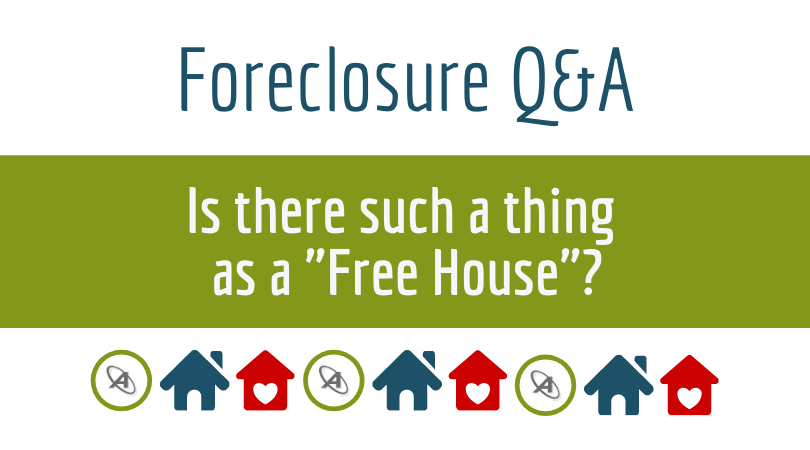
The short answer is: not really.
It is highly unlikely that your foreclosure lawsuit will end in you getting your house for free. The only way this could happen, is through multiple oversights on the bank's part. Your lender would have to neglect to file a foreclosure action after you default on your payments of a matured loan AND they would have to neglect filing that action for several years. Each state has its own Statute of Limitations which determines how long the bank has to proceed with the foreclosure of your home.
[fa icon="clock-o"] Saturday, November 28, 2020 [fa icon="user"] Jordan Shealy [fa icon="folder-open'] foreclosure defense, mortgage, free house, foreclosure lawsuit, default judgment, final judgment, notice of default
Read More »
Your mortgage servicer is not perfect, and sometimes they make mistakes just like everyone else. It is important to review all of your documents and communications with your servicer to check for mistakes. If something doesn't look right, it may not be. You should alert your mortgage servicer immediately if you think your account may be reporting incorrectly. Here are some of the common mortgage servicer mistakes to look out for:
[fa icon="clock-o"] Saturday, November 14, 2020 [fa icon="user"] Jordan Shealy [fa icon="folder-open'] mortgage servicers, mortgage debt, mortgage servicing, normal servicing
Read More »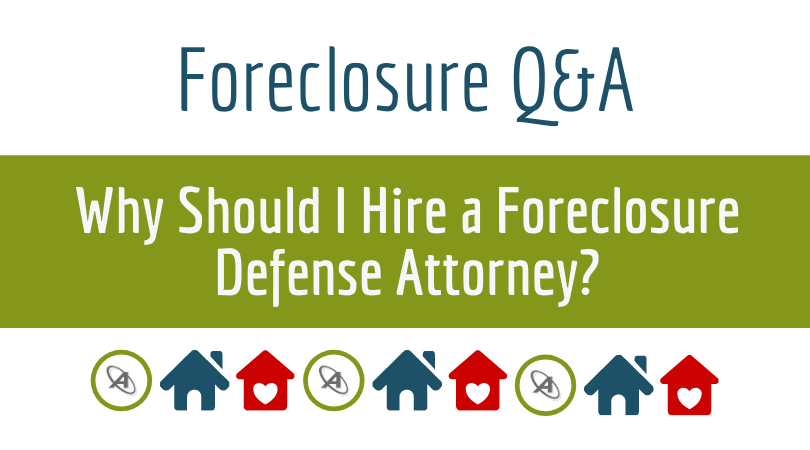
Approximately 250,000 families enter into foreclosure every 3 months due to delinquent home loan payments or delinquent property taxes. Each of these homeowners has one thing in common: they have to make the decision of whether or not to fight for their home. However, if you want to fight the foreclosure and keep your home, it's time to find a foreclosure defense attorney. Here are some reasons why:
[fa icon="clock-o"] Sunday, October 18, 2020 [fa icon="user"] Jordan Shealy [fa icon="folder-open'] stop foreclosure, loan modification lawyer, how to stop foreclosure, loan modification denied, loan modification attorney, successful loan modifications, foreclosure defense, prolong foreclosure, foreclosure, mortgage, lawyer, foreclosure defense attorney, mortgage debt, dos donts of foreclosure, foreclosure lawsuit, avoiding foreclosure, default judgment, consent to foreclosure, legal aid
Read More »
The process of obtaining a mortgage for your home can be very confusing. There are many parties involved in your mortgage and it can be easy to become overwhelmed by all of the new information. Taking out a mortgage is not as simple as just paying the price of the home over a certain period of time. There is interest factored into your payment along with principal, tax and insurance. When your house gets foreclosed it's easy to throw your hands in the air and say, “It's not my fault, I must be a victim of predatory lending!”. However, this is not always a reasonable conclusion. Here are the signs to look for in order to figure out if you are truly a victim of bad lending.
[fa icon="clock-o"] Saturday, October 17, 2020 [fa icon="user"] Jordan Shealy [fa icon="folder-open'] Scam Alert, mortgage shopping,, mortgage, mortgage servicers, predatory lending, mortgage abuse, unclean hands, mortgage servicing, affirmative defense, normal servicing
Read More »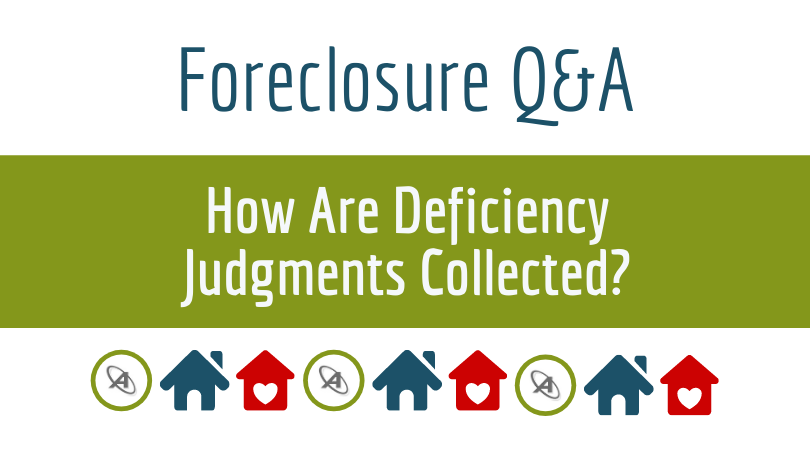
You may think that once the awful foreclosure process is over you will not hear from your lender ever again. However, if there is a deficiency judgment form the foreclosure sale, this may not be the case. The bank can come after you if your home does not sell for the full value of the debt owed. This is called a deficiency judgment. How exactly can the bank collect this judgment? Read on to find out how.
[fa icon="clock-o"] Thursday, September 17, 2020 [fa icon="user"] Jordan Shealy [fa icon="folder-open'] life after foreclosure, debt collections harassment, debt settlement, deficiency judgment, foreclosure grief, foreclosure fees
Read More »
An expedited foreclosure, also known as a fast-track foreclosure, is an action pursued by the lender of the mortgage which allows the lender to foreclose on a home more quickly than the typical foreclosure process would allow. The lender files a motion to expedite the foreclosure with the courts. The motion for an expedited foreclosure is also served to the homeowner. This motion is only granted to the lender if the lender can show that the home has been abandoned and may be at risk of harm.
You can also receive a motion for expedited foreclosure when you are still living in the home. If this should happen to you, it is very important that you meet with a foreclosure defense attorney to review the documents. In most cases, you will want to hire a lawyer to make sure you follow all of the instructions and respond and object to the motion. This means you may have to submit evidence and attend a court hearing in order for the judge to decide whether or not you have abandoned the home.
[fa icon="clock-o"] Sunday, September 6, 2020 [fa icon="user"] Jordan Shealy [fa icon="folder-open'] new jersey foreclosure process, pennsylvania foreclosure defense, foreclosure process in new york, foreclosure defense, foreclosure process in florida, foreclosure moratorium, foreclosure process in illinois
Read More »







